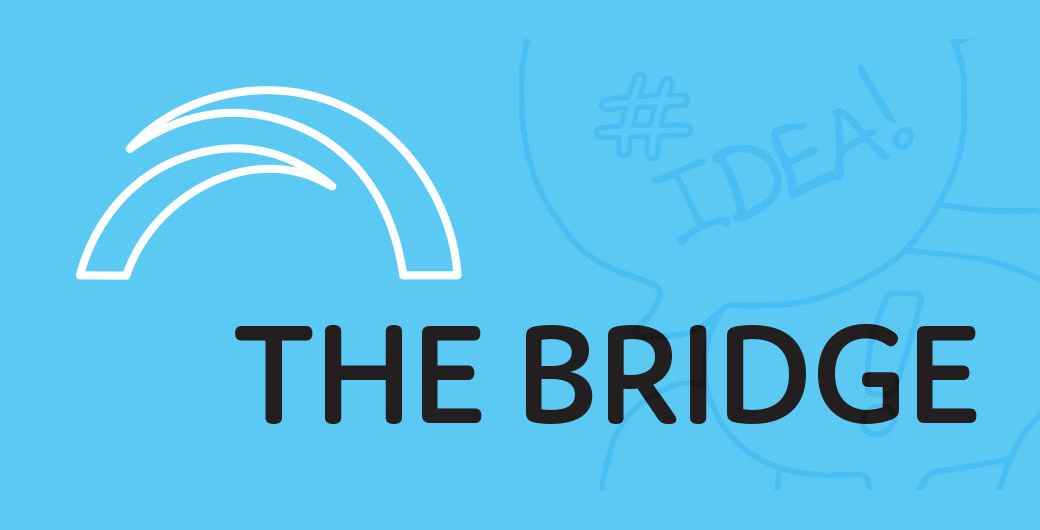
Collaboration is ubiquitous in public policy with its presence and profile determined by existing governance conditions. An article in the Australian Journal of Public Administration argues policy is shaped by dominant ideas about economics and security and these are being challenged by global, regional, and national changes. This creates space for new ideas to shape future public policy.
The article proposes sustainability, sovereignty, and justice offer an alternative framework for policymaking. These ideas can engage with economics and security, but they are also inclusive of a wider variety of voices, particularly those previously marginalised. Collaboration will remain integral to the success of public policy. However, it will need to adapt to new circumstances.
Describing collaboration in public policy
While collaboration is ubiquitous, what varies is:
- the motivation behind it
- the ideas that promote it
- the political reconfiguring that requires it
- the institutions designed to enable it
- actors’ appetite and capability.
The term collaboration encompasses a wide range of relations and activities including, alliances, coalitions, co-governance, co-production, public–private partnerships, networks, and strategic partnerships. It focuses attention on the ongoing dialogue that supports multi-actor interaction and also acknowledges that public policy is made, shaped, and enacted in multiple governance spaces.
The term collaboration may be used to describe co-operative relations to achieve public policy goals, but it may also be used to describe relations between actors whose goals and actions may be self-serving, including exclusive networks. Acknowledging the various forms, uses, and values of collaboration is an important reminder that collaboration is a political act, underpinned by sets of power relations and operationalised to promote or reflect particular social and cultural relations.
Three challenges define the relationship between collaboration and contemporary public policy:
1.The challenge of collective action problems which has evolved in intensity and complexity with globalisation encouraging interdependence.
2.The challenge of publicness which has emerged with the diversity of populations, political ideas, and social movements replacing uniformity with plurality.
3.The challenge of a public policy in flux which is in part a consequence of the first two, specifically the failure of public policy to meet these challenges with existing models and practices.
A future shaped by new ideas
Ideas about the state, the economy, and security are important to public policy because they set the rules for what is possible and desirable. However, ideas are not static, they evolve and change over time and are subject to contestability. The article proposes a future shaped by the ideas of sustainability, sovereignty, and justice. Each of these ideas offers different and distinctive points of engagement with economics and security that can challenge conventional public policy design.
Sustainability
This is about meeting the environmental, economic, and social needs of the present without compromising the ability of future generations to meet their own needs. Without a healthy planet, human beings will neither thrive nor ultimately survive. Collaboration is essential for sustainability and addressing climate change is the central challenge.
Sovereignty
The increasing attention paid by nation-states to ‘sovereign capability’ combines security and economics. The movements to acknowledge First Peoples and the contributions their knowledge, traditions, and practices have made and continue to make to communities engage with ideas of sovereignty. These may be expressed in actions designed to secure traditional ownership such as Native Title or management of economic resources such as land councils.
Data sovereignty is an issue of increasing importance to policymakers that combines a focus on economics and security with implications for collaboration. Data sovereignty is essential for sovereign capability as it protects knowledge essential to a country’s interests and requires collaboration between public and private sectors to take effect.
Justice
This idea reflects the failure of many public policies and services to deal fairly with specific communities and/or to include them effectively in policy design and service delivery. certain communities and groups remain underserved by public institutions and overrepresented in statistics relating to poverty and social exclusion.
A new collaborative conundrum?
The collaborative conundrum refers to the importance of collaboration to future public policy and governance, while emphasising the apparent unsuitability of the prevailing context for facilitating collaboration.
Advocating successfully for a paradigmatic shift that highlights sustainability, sovereignty, and justice requires agency from a plurality of actors. Collaboration between academics, practitioners, and users will be necessary in navigating the differences that arise in relation to the outcomes of sustainability, sovereignty and justice.
This is where mainstream public policy and administration can flounder. It is not a simple debate between conservatives and progressives, though it may be cast in that way. Rather, it is the debate that demands a more nuanced and thoughtful analysis of the potential and pitfalls of adopting new outcomes, and the safeguards necessary to ensure effective scrutiny of what is proposed and implemented.
Want to read more?
Collaborating in future states—Contextual instability, paradigmatic remaking, and public policy – Helen Sullivan, Australian Journal of Public Administration, August 2024
Each fortnight The Bridge summarises a piece of academic research relevant to public sector managers.

Recent Research Briefs about collaboration include:
- Published Date: 11 September 2024
